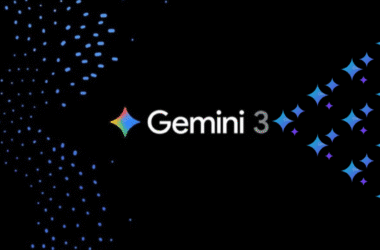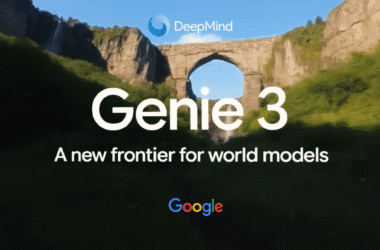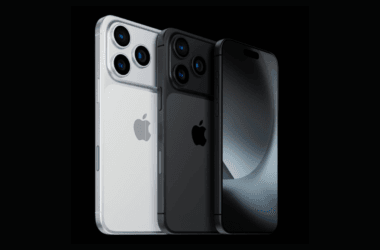The fusion of artificial intelligence and personal health technology has brought us many innovations, but few are as thought-provoking as the new ‘Death Clock’ app. Designed to estimate a user’s likely date of death, this AI-powered longevity tool is making headlines for its unique approach to understanding and managing life expectancy.
How the ‘Death Clock’ Works
The app collects data about a user’s diet, exercise routines, sleep patterns, and stress levels to calculate its predictions. By analyzing these factors, the AI can provide a personalized estimate of longevity. What sets ‘Death Clock’ apart is the depth of its training—its algorithms are based on a dataset drawn from over 1,200 life expectancy studies, encompassing insights from 53 million participants worldwide. This extensive dataset allows the app to make predictions grounded in robust statistical models and historical trends.

Applications in Financial and Economic Planning
The potential uses of such an app extend beyond mere curiosity. Life expectancy data is crucial for financial planning, especially in areas like retirement savings and life insurance policies. For individuals, knowing an estimated lifespan can help tailor their financial goals, ensuring that resources last throughout retirement. On a broader scale, companies offering insurance or pension plans can utilize this technology to refine their actuarial models, potentially reshaping how risk is assessed and premiums are calculated.
Privacy Concerns and Ethical Considerations
While the app offers undeniable utility, it also raises significant concerns about data privacy. To generate predictions, users must input sensitive personal information about their health and lifestyle. If this data is not adequately protected, it could be vulnerable to misuse, leading to serious privacy breaches.
Ethical questions also surround the psychological impact of the app’s predictions. For some, knowing a potential death date might inspire positive changes, such as adopting healthier habits. For others, however, this information could induce anxiety or a sense of fatalism, which might negatively affect their mental well-being. Developers must address these concerns by ensuring that the app provides predictions with sensitivity and offers users control over how they interact with the information.
Driving Behavior Change
One of the most promising aspects of ‘Death Clock’ is its potential to encourage healthier lifestyles. By clearly linking habits like poor sleep or high stress to shortened life expectancy, the app may serve as a wake-up call for users to make positive changes. It could also act as an educational tool, promoting awareness about the factors that influence longevity.
However, it is crucial to recognize the limitations of such predictions. Life expectancy is influenced by numerous variables, including genetics, environmental factors, and unforeseen events. No app, no matter how advanced, can predict the future with absolute certainty. Users should view the ‘Death Clock’ as a guide rather than a definitive statement about their lifespan.
The Future of Longevity Technology
The launch of the ‘Death Clock’ underscores the growing intersection of AI technology and personal health management. As these tools become more sophisticated, they have the potential to transform how we understand and approach health, finances, and aging. However, their adoption will largely depend on how well they balance innovation with privacy, ethical considerations, and user sensitivity.
While the concept of a “death clock” might seem morbid to some, it also opens the door to proactive planning and healthier living. If used responsibly, such tools could help individuals better prepare for the future while encouraging positive changes in the present.
The ‘Death Clock’ is more than just a curiosity—it’s a glimpse into the potential of AI to shape how we think about life and longevity. However, as with any powerful tool, its value will ultimately depend on how we choose to use it.
🔗 NDTV








